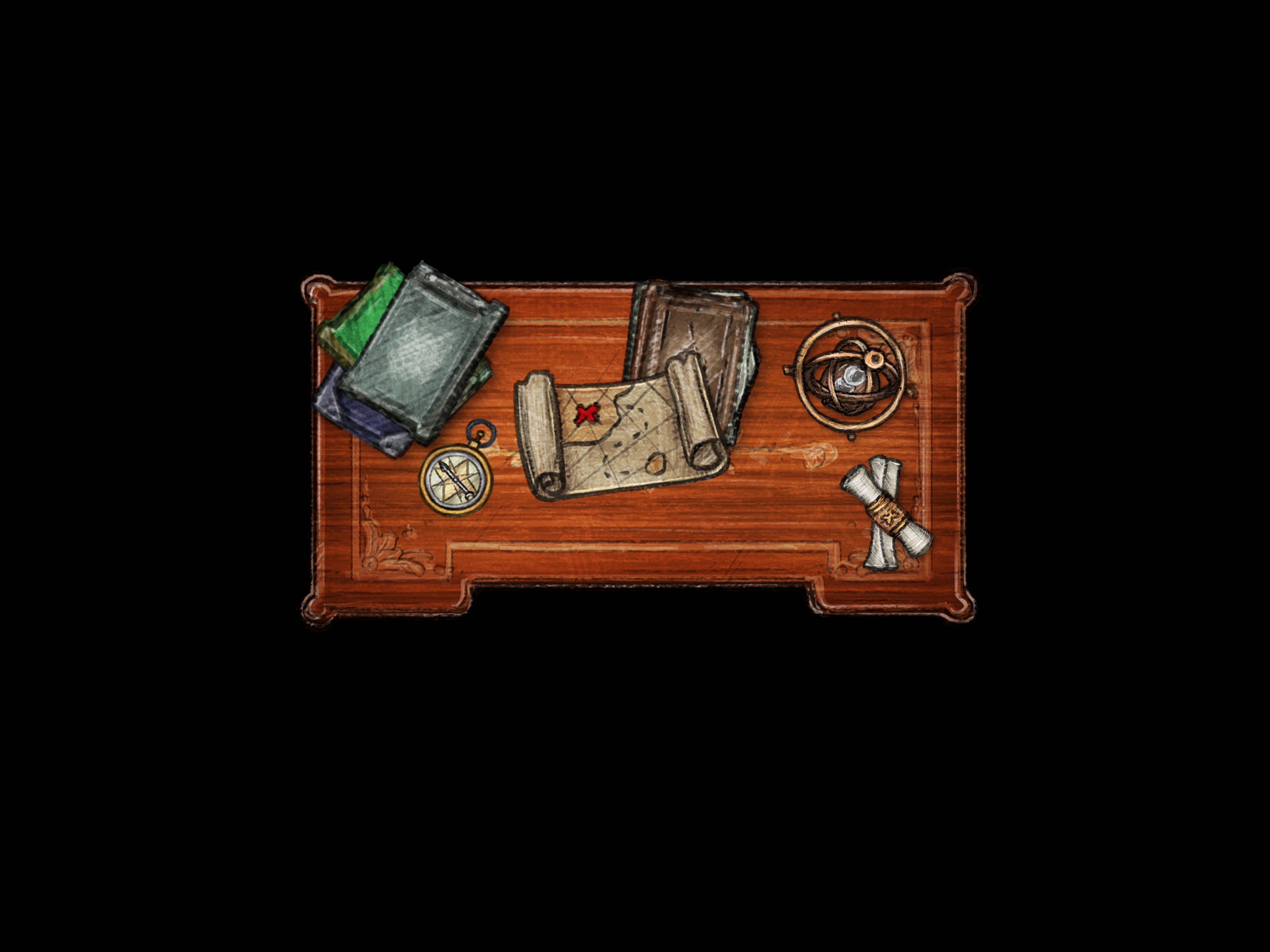After trying Eclipse Phase we moved on to playing the next system; Numenera from Monte Cook Games. I was excited to try this game because I regularly listen to Sly Flourish’s Lazy DM Prep podcast (being a huge proponent of the Lazy DM method) and he had been running a Numenera game for several months with his group. The system underlying Numenera is the precursor to the Cypher System, which is a generic version that could handle any game genre. In theory, if Numenera went well we could use the Cypher System for a Star Wars system.

The concept of Numenera was high-fantasy sci-fi where the typical elements in fantasy were technology or aliens rather than magic or godly beings. The website describes the game as follows:
Set a billion years in our future, Numenera is a tabletop roleplaying game about exploration and discovery. The people of the Ninth World suffer through a dark age, an era of isolation and struggle in the shadow of the ancient wonders crafted by civilizations millennia gone. But discovery awaits for those brave enough to seek out the works of the prior worlds. Those who can uncover and master the numenera can unlock the powers and abilities of the ancients, and perhaps bring new light to a struggling world. 1
The world itself didn’t attract me as much as the premise behind the system. It focuses on choosing a difficulty level for a task (or enemy) and then you multiply the number by 3 to get the target number. The player succeeds (and the players roll all the dice even in combat) if they beat that number on a D20 roll. It seemed like it would be a system that would allow for improvisation and would also be light enough to come up with stat blocks on the fly (which is something I LOVE about the D6 System).

I picked up a Quick Start on Drive Thru RPG and after reading through the document I ran the adventure for a player. We ran through the adventure in a single deep-dive session, and we ended up stopping after a single session.
I don’t think I prepared adequately for the demo game nor fully comprehended how different this system is from Dungeons & Dragons, Star Wars, or any other system that I had experienced as a player or game master. Each character has 3 different pools; Might, Speed, and Intellect which are used for skill tests though also represent their “hit points” to use the Dungeons and Dragons parlance. Points for your pool can be spent to affect different actions or activate special abilities. The Players roll dice to resolve actions while the Game Master narrates the story and offers GM Intrusions to players which gives their character’s experience points for narrative story complications.
I struggled with the GM intrusions (i.e. when to give them, how to structure them and present them to the players, and when we got to skills tests and combat how to manage through the various tests and character abilities. I also struggled to fully embrace the setting as the Quick Start presented a fantastical English-like village with apple orchards amid far-future technology. I ended up keeping the basic story the same though I swapped the English village for a tropical setting and that added to the fish-out-of-water feeling I had for the game.
I would like to play Numenera again though maybe as a player with a more experienced Game Master to walk me through the rules so I could see how the pools work in actual play. In the end, we decided to move on to the next game in our game system search.
-
See the about section on the website for this reference http://numenera.com/what-is-numenera/ ↩
